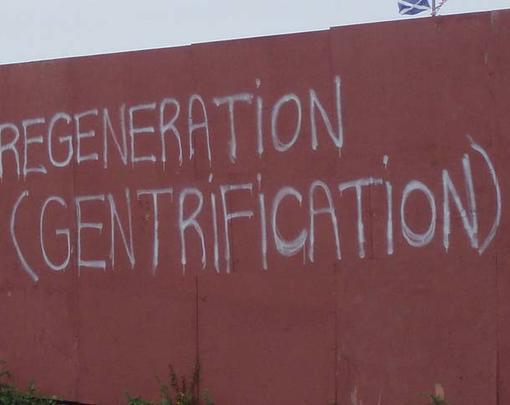The Next System Project is pleased to announce our national essay competition on the next system. With a panel of highly respected activists and scholars as judges—Naomi Klein, Raj Patel, and Dayna Cunningham—we will award three $5,000 first prizes for the best original essays by an undergraduate, a graduate, and a non-student. Three runner-up prizes of $500 will also be awarded. We aim to publish a compilation of the best essays submitted.
Why this competition?
The current system is failing all around us. The economy is stagnating. The political system is stalemated. Communities are in decay. The lives of millions are compromised by economic and social pain. Violence is endemic among individuals, communities, and nations. Civil liberties are eroding. Near-record numbers of citizens remain incarcerated. Underemployment, inequality, and ecological despoliation deepen day by day. The planet itself is threatened by climate change. A generation of young people expects to be worse off than their parents. The very idea of building a cooperative community of caring responsibility has faded from public discourse and common understanding.
But if you don’t like the present system … what’s your alternative?
The time has come to think boldly about what is required to deal with the systemic difficulties we are facing. It is time to begin a real conversation about genuine alternatives. It is time to develop thoughtful, system-building answers to system-threatening challenges. It is time to debate what it will really take to move in a new direction capable of producing sustainable, lasting and more democratic social, economic, and ecological outcomes.
To this end we are launching a national essay competition on the next system. We’re throwing open the debate to a wide range of contributors willing to do the hard work of moving beyond critique to proposing solutions in the form of comprehensive alternative political-economic system models and approaches that are different in fundamental ways from the failed systems of the past and present. Such visions might include not only core economic institutions but also – as far as is possible – political structure, cultural dimensions, transition pathways, and so forth.
An indication of what we mean by systemic alternatives can be found in the contributions to our ongoing series “New Systems: Possibilities and Proposals.” A preliminary list of questions that might be involved in alternative systemic design can be found in the comparative framework we developed to guide that series. But we don’t want to be overly prescriptive about the form or content of these essays. Beyond these suggestions, it’s up to you.
Essays should be between 5,000 and 15,000 words, and should be submitted, along with a brief biographical statement, by December 31, 2016, to essayprize@thenextsystem.org.
While the focus of our outreach around this competition is national, we welcome international submissions. Collaborative submissions are welcome; please supply biographical statements for everyone involved in your submission.




